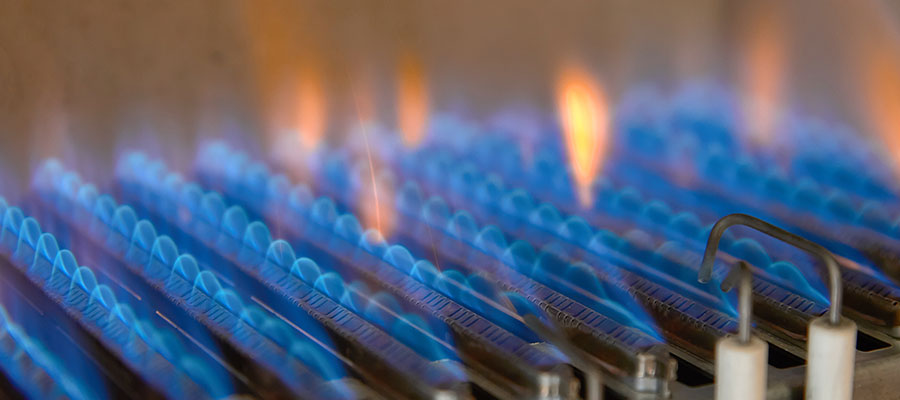David Holmes, founder of Boiler Guide, explains the implications of banning oil-fired and gas boilers on housing associations and outlines some alternative heating solutions…
Chancellor Philip Hammond announced in the Spring Statement that the government “will Introduce a Future Homes Standard, mandating the end of fossil-fuel heating systems in all new houses from 2025”. The announcement is part of the government’s ongoing strategy to lower the country’s greenhouse gas emissions by 80% by 2050 (compared to 1990 levels) and follows recommendations from the government’s advisory body, the Committee on Climate Change (CCC). It means that from 2025 (in just six years) it will be illegal to include a gas or oil-fired heating system in a new build home.

What does this mean for UK housing associations?
The announcement doesn’t apply to existing homes, so there’s no legal obligation change gas heating systems in your properties (unless, of course they are old, inefficient or malfunctioning) and any homes built pre-2025 can be connected to the gas grid. However, once the ban is introduced, builders and specifiers of housing association properties will need to find renewable heating solutions.
However, regardless of future legal obligations, housing associations should be looking into renewable heating as they offer several key benefits. Here are some alternative and renewable heating systems which could reduce the carbon emissions of housing association properties and the heating bills of those living in them. In addition, each of these systems requires far less maintenance than an oil-fired or gas boiler, which could lower the association’s maintenance and repair costs.
Electric boilers
Electric boilers don’t produce carbon emissions when working, but if the electricity used to power them is generated by burning fossil fuels (rather than solar, water or wind power) they will still be contributing to climate change. In addition, the running costs of electric boilers (if powering them with electricity from a supplier) is much higher than gas boiler running costs, as is clear from the calculations in the table below. This is obviously not an ideal solution for housing associations.

However, if you install solar panels alongside an electric boiler, they will generate free electricity to power the boiler, potentially bringing these costs down significantly.
Air source heat pumps are installed outside the home and extract natural heat from the air to produce hot air for space heating or hot water for wet central heating systems.
Ground source heat pumps take natural heat from the ground via piping filled with water and antifreeze, pass this heat through a heat exchanger to increase the temperature and then use it to produce hot water for the home.
Solar thermal panels generate hot water for radiators, taps and showers using energy from the sun.
A note about insulation
To be able to perform to maximum capacity and as efficiently as possible, it’s crucial that your new build home is adequately insulated as hot water from these systems is not as hot as water produced by traditional oil-fired or gas boilers. For this reason, you’ll need to deliver the heat in your home from a larger surface area; heat pump systems are usually recommended alongside larger than average radiators (or a higher number of standard radiators) or underfloor heating. With the right insulation, larger radiators or underfloor heating, heat pumps are perfectly providing enough hot water for even large homes.
For more information about alternatives to gas boilers from Boiler Guide, visit the website.
- Log in to post comments














